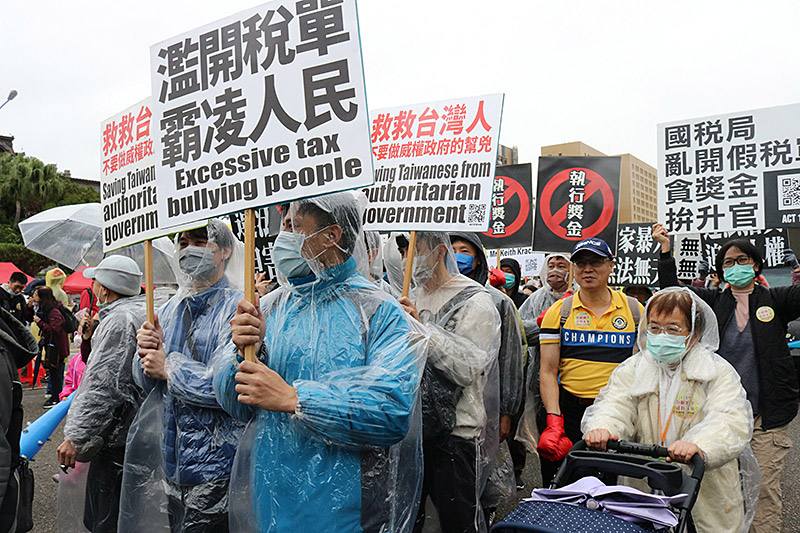South Sudan: Release Peace Activist
Arbitrary Detentions Underscore Need for Reforms
The South Sudanese National Security Service (NSS) should immediately and unconditionally release peace activist and academic Peter Biar Ajak or take him to court and charge him with a recognizable crime. The authorities should also end the arbitrary detention of many others held by the security service, in violation of their rights.
“South Sudan’s security agents have long harassed and arbitrarily detained people, apparently to silence independent voices,” said Jehanne Henry, associate Africa
director at Human Rights Watch. “South Sudan desperately needs public dialogue and greater respect for human rights, not more repression and violations.”
Ajak’s detention is part of a deeply troubling pattern of increasing government repression against its critics since December 2013, when a political dispute between President Salva Kiir Mayardit and his then Vice President Riek Machar led to armed conflict. This latest arrest underlines the need for major reforms to the security service.
Security officials arrested Ajak, a doctoral candidate at the University of Cambridge, on July 28, 2018, at Juba International Airport. Ajak was waiting to board a flight to Aweil County to attend Martyr Day celebrations organized by the Red Army Foundation, a national veterans’ organization. Security officials are holding him in a solitary cell at the NSS Headquarters in Juba, known as the Blue House. They have allowed him family visits, but he is yet to be given access to legal counsel.
The grounds for Ajak’s arrest are not known. He has been a vocal critic of government policies and founded a youth group, the South Sudan Young Leaders Forum, which engages in peace, reconciliation, and state-building activities. On August 2, the security service director established a three-member committee to investigate Ajak’s social media activities, political commentary, and the youth group’s activities, informed sources told Human Rights Watch.
Human Rights Watch has documented widespread harassment and unlawful detention of journalists, activists, and members of political opposition groups over the past four and a half years, creating an atmosphere of fear and self-censorship. Most of those detained have been held without charge, and often denied access to their families or lawyers.
Many of those released have reported harsh conditions of detention and abuse, including: beatings and torture, and a lack of adequate food, water, and medical care. One journalist released in January, after nine months in detention on the condition of quitting journalism, told Human Rights Watch that security officials routinely abused him, including beating and kicking him, putting him in stress positions, and putting gasoline in his eyes: “There was no air in my cell, it was difficult to breathe, they refused me to take a bath and put me in a room officers used to urinate in.”
Even after his release, he still feels unsafe. “They told me I was still under surveillance… I live in fear, I restrict my movement. My children who are far from me, I cannot see, I fear being kidnapped and killed. I don’t know what to do.”
Another journalist, Joseph Afandi, arrested in December 2015, was held for two and a half months, allegedly in connection with an article he wrote for the newspaper El Tabeer criticizing the ruling Sudan People’s Liberation Movement. He was beaten and otherwise abused in detention.
Another journalist who worked for the United Nations radio Miraya, George Livio, was arrested in Wau on August 22, 2014, and then detained at the Blue House. He was released on May 26, 2017, after two and a half years in detention without charge.
The security service has also been implicated in enforced disappearances. Dong Samuel Luak, a human rights lawyer and a vocal critic of the government, and Aggrey Idri, a member of the political opposition, were abducted in Nairobi, Kenya on January 23 and 24, 2017, respectively. Witnesses told Human Rights Watch they saw the men at the NSS headquarters in Juba on January 27, 2017, before they were moved to a different location. Their current whereabouts and situation remain unknown. Kenyan and South Sudanese authorities have denied holding them.
Two UN national staff members were also forcibly disappeared. National security agents arrested them in 2014, and they were last seen at the Riverside detention facility in January 2016.
In May 2017, Salva Kiir announced that he would release all political prisoners, but human rights monitors report that dozens of people remain detained without charge in the NSS headquarters and other detention sites in Juba.
Authorities should release all unlawfully held detainees and uphold all detainees’ basic due process protections such as for access to a lawyer and family visits. The government should also initiate prompt, effective and impartial investigations into the security agency’s detention practices and revise elements of the NSS Act that violate human rights, Human Rights Watch said.
The Act, which came into force in March 2015, grants the agency sweeping powers of search, seizure, arrest, and detention. It does not guarantee those deprived of liberty the right to counsel or to be tried within a reasonable period of time, or specify that detainees may only be held in official places of detention. The law also does not explicitly prohibit ill treatment and torture or proscribe the use of force by its officials.
The 2015 peace agreement, the Agreement on Resolution of Conflict in South Sudan, requires revision of the National Security Service Act by a National Constitution Amendment Committee. The committee started drafting amendments in November 2017 but has yet to finalize this process.
“South Sudanese authorities should release everyone being held arbitrarily and change the way the national security agency operates,” Henry said. “National Security officials should be subject to the same oversight as all security forces and held accountable for their abuses.
Source:Human Rights Watch
- 311 reads



